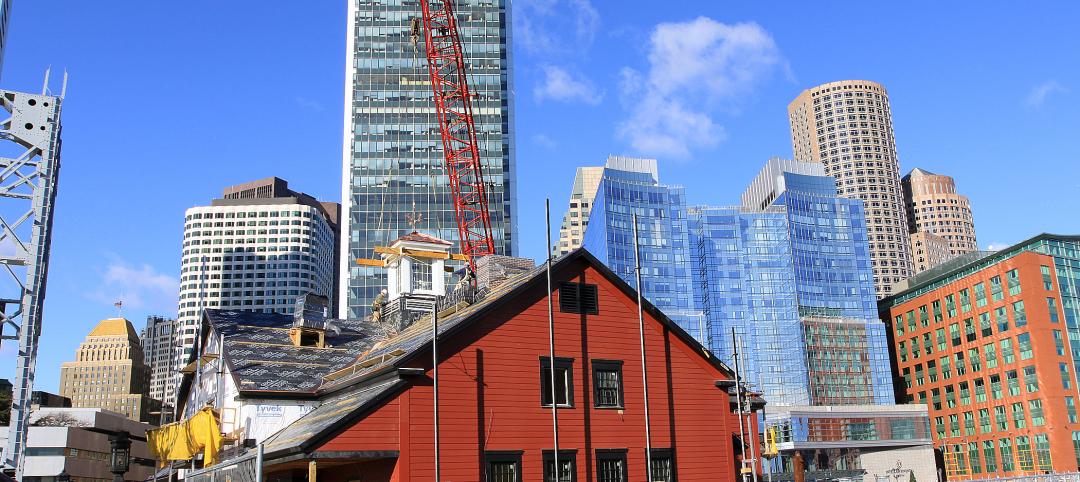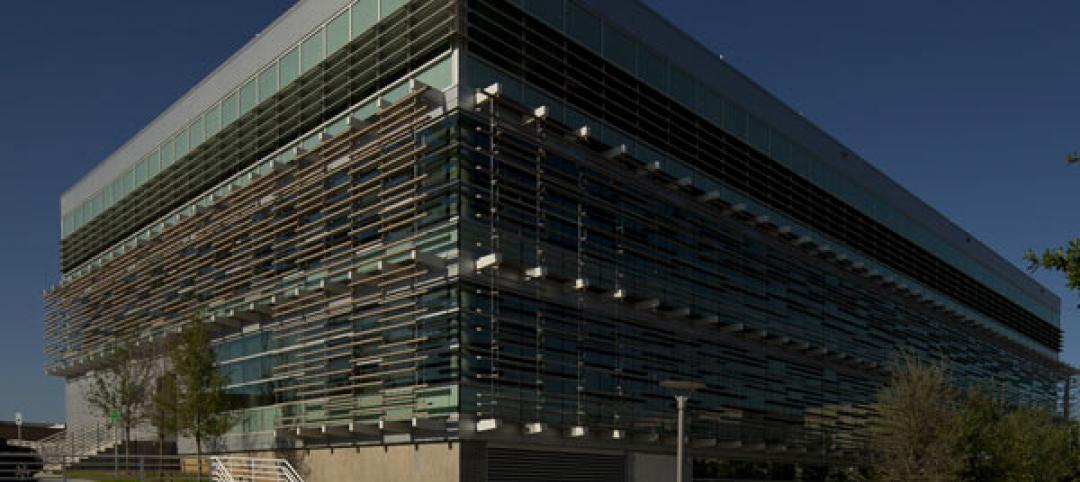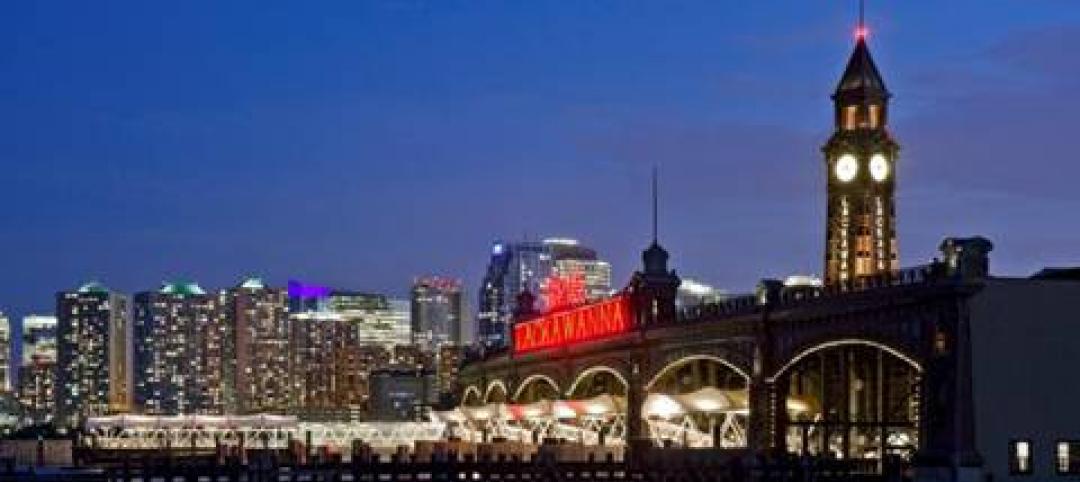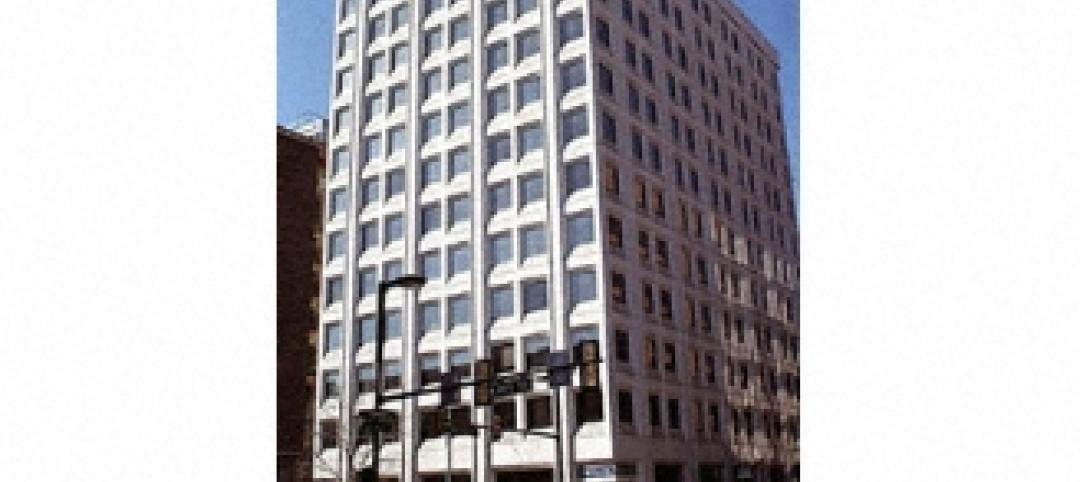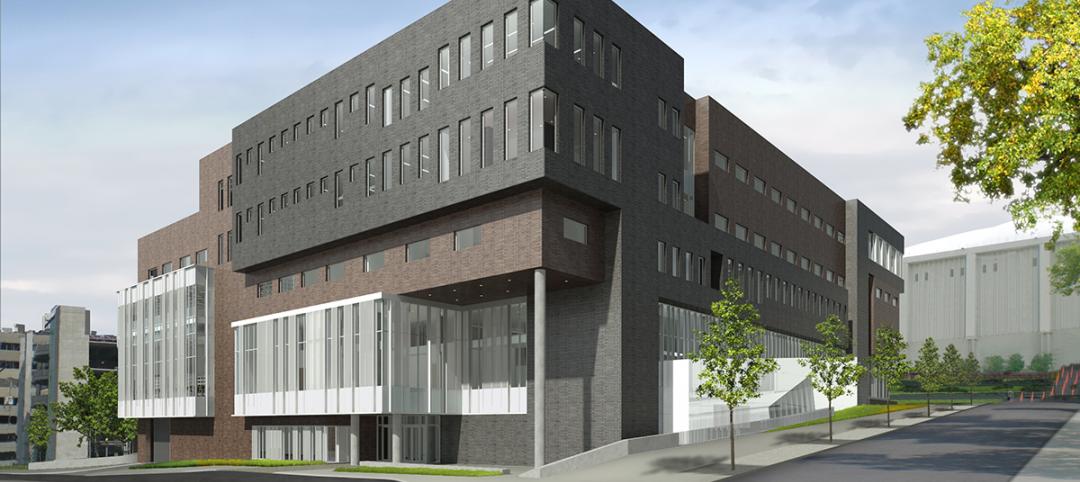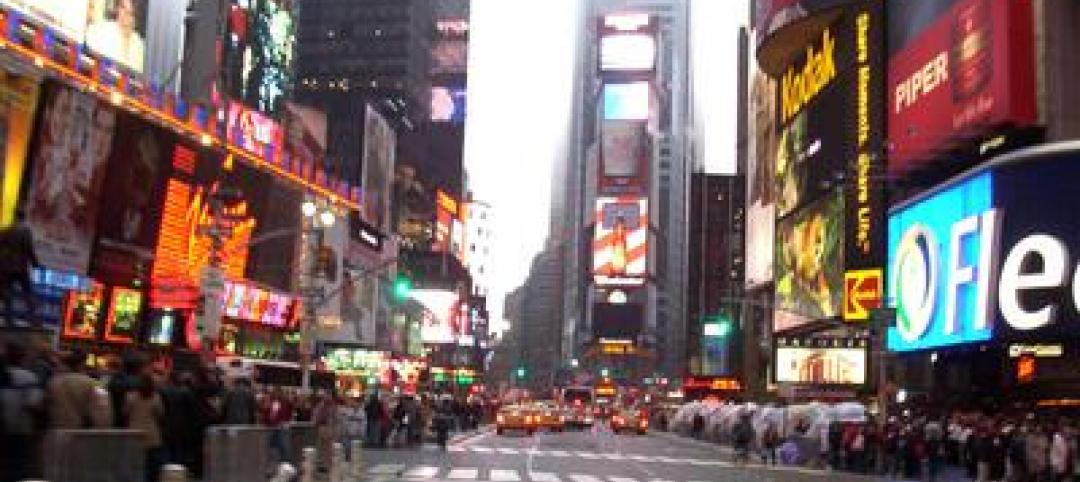The Arizona Army National Guard (AZ ARNG) Readiness Center in Florence, Ariz., has been awarded LEED Silver certification, as established by the U.S. Green Building Council (USGBC) and verified by the Green Building Certification Institute (GBCI). Science Applications International Corporation (SAIC), through its wholly owned subsidiary SAIC Energy, Environment & Infrastructure, LLC, provided design and contract administration services for the facility, including sustainable design and LEED administration services.
LEED certification of the AZ ARNG Readiness Center was based on a number of green design and construction features SAIC implemented that positively impacted the project and the broader community. These features included:
- Preferred parking stalls for low-emitting and fuel-efficient vehicles and covered parking for motorcycles to encourage use of alternative means of transportation.
- Exterior and interior lighting system designs that reduce night sky light pollution and support the nocturnal ecosystem.
- Mechanical systems that reduce energy costs by 29%, thus saving money for AZ ARNG while lessening the building’s impact on greenhouse gas emissions.
- Low-flow plumbing fixtures that result in a 40% reduction in water usage, saving money and contributing to a more secure water future.
- Solar heated water system that reduces energy costs for hot water.
- Sustainable materials that contained 30% recycled content--more than 20% of which was harvested and manufactured within 500 miles of the project site.
- Wood products used in the project harvested from Forest Stewardship Council certified forests.
- More than 85% of construction and demolition waste diverted from landfill to be either recycled or salvaged for reuse.
- Interior finish materials, paint coatings, sealants, and adhesives that meet low-volatile organic compound standards. +
Related Stories
| Dec 27, 2011
Suffolk Construction celebrates raising of Boston Tea Party Ships & Museum cupola
Topping off ceremony held on 238th Anniversary of Boston Tea Party.
| Dec 27, 2011
State of the data center 2011
Advances in technology, an increased reliance on the Internet and social media as well as an increased focus on energy management initiatives have had a significant impact on the data center world.
| Dec 27, 2011
USGBC’s Center for Green Schools releases Best of Green Schools 2011
Recipient schools and regions from across the nation - from K-12 to higher education - were recognized for a variety of sustainable, cost-cutting measures, including energy conservation, record numbers of LEED certified buildings and collaborative platforms and policies to green U.S. school infrastructure.
| Dec 21, 2011
DOE report details finance options for PV systems in schools
The report examines the two primary types of ownership models used to obtain PV installations for school administrators to use in selecting the best option for deploying solar technologies in their districts.
| Dec 21, 2011
AIA Chicago & AIA Chicago Foundation 2011 Dubin Family Young Architect Award announced
The Dubin Family Young Architect Award is bestowed annually and recognizes excellence in ability and exceptional contributions by a Chicago architect between the ages of 25 and 39.
| Dec 21, 2011
Few silver linings for construction in 2012
On the brighter side, nearly half of respondents (49.7%) said their firms were in at least “good” financial health, and four-fifths (80.2%) said their companies would at least hold steady in revenue in 2012.
| Dec 21, 2011
Hoboken Terminal restoration complete
Restoration of ferry slips, expanded service to benefit commuters.
| Dec 21, 2011
BBI key to Philly high-rise renovation
The 200,000 sf building was recently outfitted with a new HVAC system and a state-of-the-art window retrofitting system.
| Dec 20, 2011
Gluckman Mayner Architects releases design for Syracuse law building
The design reflects an organizational clarity and professional sophistication that anticipates the user experience of students, faculty, and visitors alike.
| Dec 20, 2011
Research identifies most expensive U.S. commercial real estate markets
New York City, Washington, D.C. and San Mateo, Calif., rank highest in rents.



